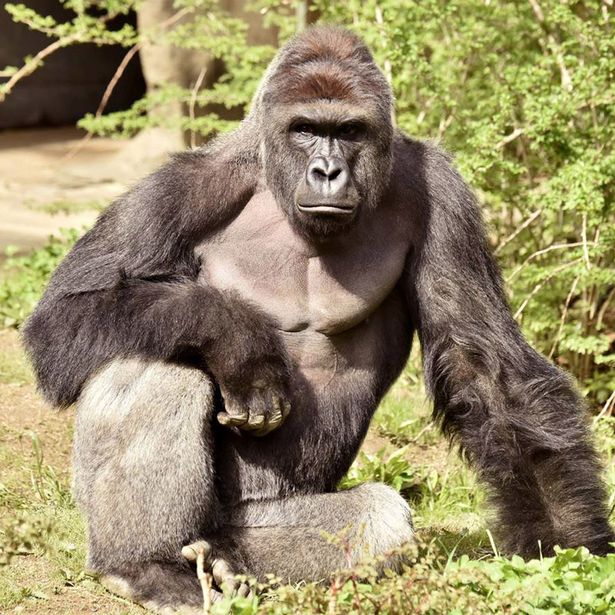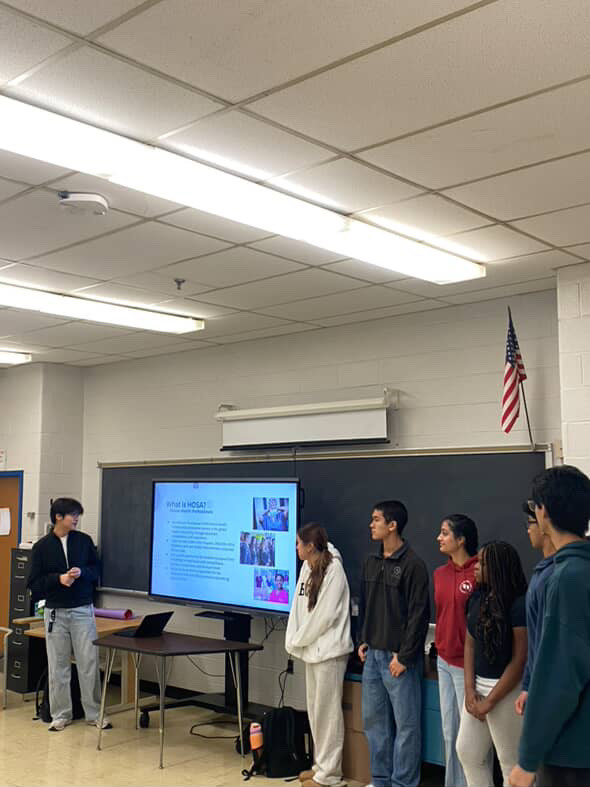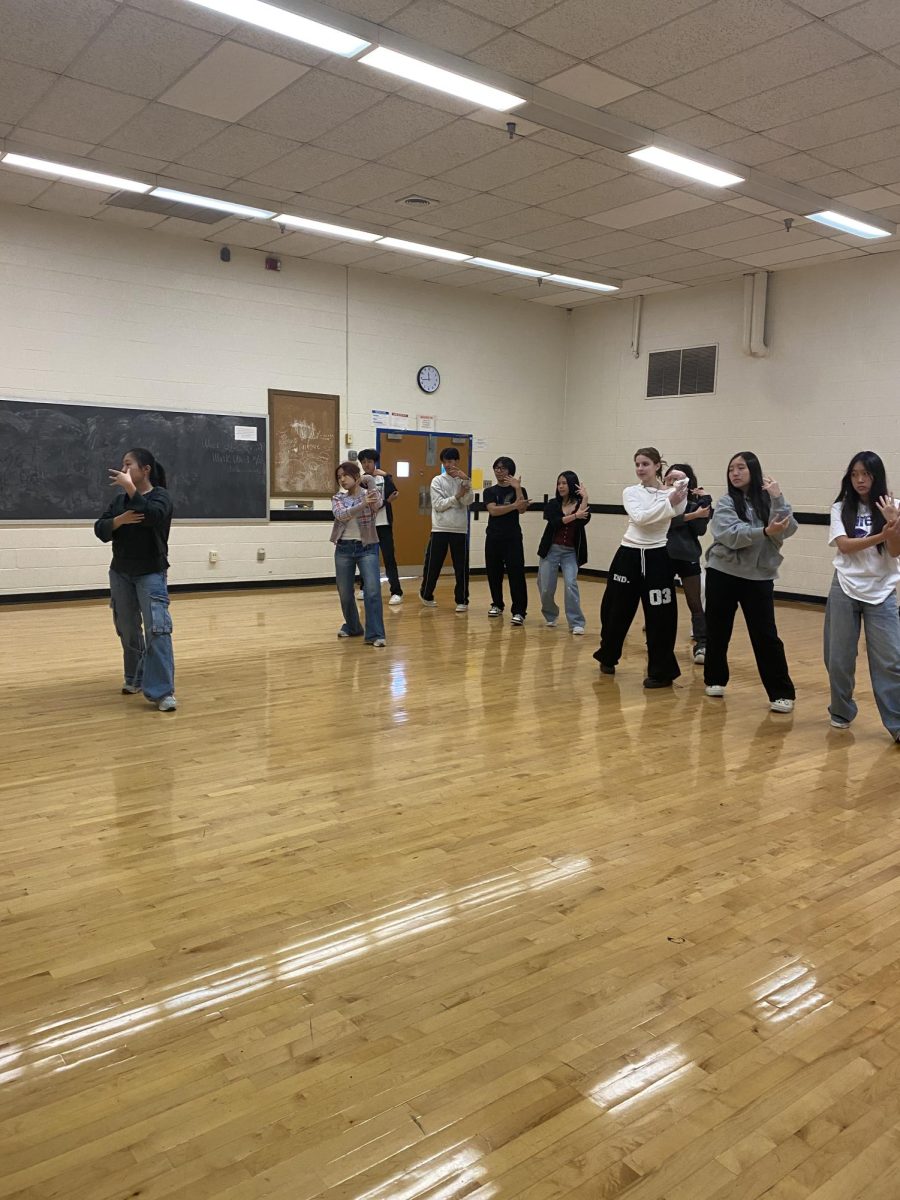First, there was the Orlando shooting, the largest mass shooting in American history with a death count of 49, on June 12. Merely two days later in Disney World, a toddler was snatched up by an alligator and killed. July was met with police brutality and soon after, brutality against police, and August brought a series of murders as a result of gun violence. Animosity and fear rose.
These emotions would not be fully explained without the inclusion of international tragedies. “The summer of 2016 has witnessed ISIL attacks in urban centers such as… Baghdad, Istanbul, Medina, Nice, Munich, Kabul, Anscach, Germany, Saint-Etienne-du-Rouvray in Normandy, and Qamishli,” according to Aljazeera.com. That’s not even including the tragedy that struck France on Bastille Day and killed 85 people.
One tragic event, however, has not been mourned with the emotional intensity of the aforementioned events. On May 28 a three-year-old boy climbed into a gorilla exhibit at the Cincinnati Zoo. The gorilla, Harambe, snatched the boy, dragged him in the water and after a few tense moments, the gorilla was fatally shot by one of the zookeepers.
Outrage sparked, and initially this story raised thought-provoking questions: were the parents negligent? Was the zoo justified to kill an endangered species? Are humans more valuable than animals? The whole scenario was upsetting; it was a man versus nature issue in which man was ultimately chosen.
Then an influx of overzealous tributes toward Harambe suddenly flooded all of social media and made the genuine distress of the gorilla’s death into a mainstream meme. It was such tributes that ultimately began the popular #ripharambe or #[insert slang for male appendage here]outforharambe.
Some use these jokes to lighten their mood. “The deep sorrow and pain we have from losing Harambe needs to be alleviated [through] humor. When I am feeling low, I just think about Harambe, so RIP Harambe,” senior Dennis Johns said.
These jokes persist among those who are enjoying them, despite the fact that the Cincinnati Zoo has pleaded with the public for the meme to stop. “We are not amused by the memes, petitions, and signs about Harambe. Our Zoo family is still healing, and the constant mention of Harambe makes moving on difficult for us,” Zoo director Thane Maynard said in an email, according to the Associated Press. The harassment reached such a grand scale that the Cincinnati Zoo shut down its Twitter account.
So why does this tragedy led to the memes, hashtags, murals over a snake’s face and an overall mainstream comical concept while the rest of the events that occurred in the summer fall into the vault of “too soon” or “you don’t joke about that?” Rape, racism, 9/11, shootings, the Holocaust, natural disasters, epidemics: everything seems to be fair game on social media. Or, better yet, why are sad situations ever joked about when it makes people cringe, gape and laugh but also shout, “It’s just so messed up!”
When does the tragedy become a comedy?
Mark Twain once said, “Humor is tragedy plus time.”
To be exact, humor is tragedy plus 36 days. The study “The Rise and Fall of Humor: Psychological Distance Modulates Humorous Responses to Tragedy” by A. Peter McGraw, Lawrence E. Williams and Caleb Warren came up with this number.
The method they used was creating an online survey that featured tweets about Hurricane Sandy that were supposed to be measured on their funniness on a seven point scale.
In a graph they revealed that during the crisis, the humor of these jokes declined as Hurricane Sandy came and was of recent memory. After the crisis, which ranged from 15 days post hurricane and 99 days, the respondent showed low amusement on day 15 and day 99, but peak amusement on day 36.
So if it takes 36 days for a tragedy to become joking material, does the Harambe meme follow this pattern?
To establish when the Harambe meme became big, one can look at Buzzfeed news articles, a mainstream news source, to pinpoint when #ripharambe became the buzz.
The first article about Harambe came on May 28, the day of Harambe’s death, with the title of “A Gorilla Was Killed At A Cincinnati Zoo After A 3-Year-Old Boy Fell Into An Exhibit.” The title is strictly business and shows the people mourning. This is the fall of humor during the crisis phase in the study.
The progression of titles that followed bounced from slightly humorous to serious and back again.
The first humorous headline to a Harambe-related Buzzfeed article was “People are Actually Voting For Harambe, The Gorilla Who Died.” In the subheading, the first Buzzfeed utterance of “RIP Harambe.” The date it was published was July 2, 35 days after the death of Harambe. The article was regarding the federal elections from Australia.
A study called “Too Close for Comfort, or Too Far to Care? Finding Humor in Distant Tragedies and Close Mishaps” by A. Peter McGraw, Caleb Warren, Lawrence E. Williams and Bridget Leonard determined a great deal about what kinds of dark jokes are funny in the short run and the long run. “What they discovered is that distance governs humor in two ways. For grave tragedies, lots psychological distance is needed to render the situation harmless enough to be funny. Smaller mishaps, which start out relatively benign, must have only a little distance to maintain enough threat to be humorous,” summarized the Association for Psychological Science in their article “Awfully Funny.”
So perhaps the reason that people joke about the Holocaust is because they have been psychologically distant from it due to time, or people joke about Harambe due to the psychological distance because of the human-to-gorilla barrier. The other tragedies have not crossed the barrier of psychological distance, so to joke about them would not be received well.
Why laughing makes us feel better
The phrase “laughter is the best medicine” is commonly heard. However, how true is that statement?
“People will laugh because they are uncomfortable. Laughter helps take away the severity of the situation, so they see it not as scary as it would be,” AP psychology teacher Jennifer Bauer said.
Psychologists commonly refer to humor as a defense mechanism of sorts. “Being able to laugh at a trauma the moment it occurs, or soon after, signals both to yourself and others that we believe in our ability to endure it,” psychologytoday.com said.
That means Harambe could be a symbol for some that in these dark times that they are able to overcome these tragedies. With all the somberness this country has faced, this joking may be the only way to cope.
Not all people have jumped on the bandwagon.
“It’s one thing to try to lighten a grave situation, but it’s an entirely other thing to turn a death into a meme or joke, because it takes away the reality of the situation and how much of an impact there actually was and still is on the zoo community,” senior Kate Garmer said.
Sarah Fagan
Profiles Editor








